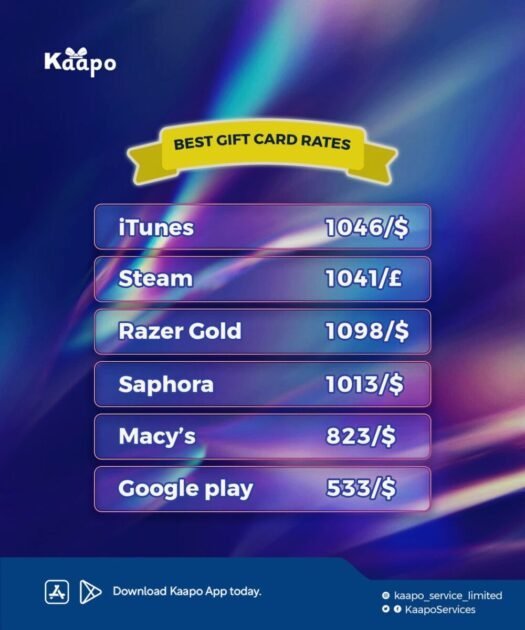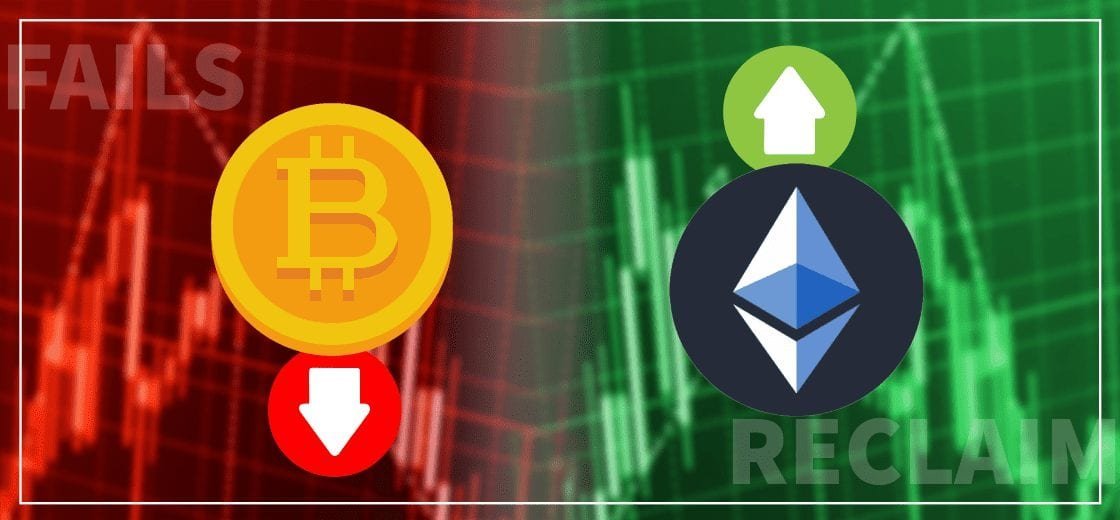Would competing altcoin blockchains be the innovative potential to outperform Bitcoin’s progress? What are the odds that another cryptocurrency would surpass BTC?
The odds that another cryptocurrency would surpass BTC is ZERO. Bitcoin has not only the first-mover advantage but it is also limited in supply and has a higher, market capitalization than other altcoins. Many institutions are hedging their funds against inflation by investing in bitcoin than altcoins.
Few could have predicted the nearly $63,500 high that sent markets into a panic when the mysterious Satoshi Nakamoto created his masterpiece. Still now, the price of the first blockchain will be difficult to believe, and investors may find themselves pinching themselves from time to time.
Looking into the crystal ball for the long term, though, it’s impossible to see the potential of a coin veiled with mystery. Ray Dalio made several valid points in his criticism of Bitcoin, suggesting that the unknowns on how policymakers will respond to digital currencies displacing fiat money in usage cause worry in the future. He also said that the Bitcoin network would become obsolete shortly. It would be replaced by a better coin as it does not have any central administration to adapt to emerging blockchain technology.
And that encapsulates the point: Bitcoin’s underlying blockchain protocols are extremely limited in allowing for more diverse financial implementations. It will be difficult to operate a large Defi ecosystem on top of the Bitcoin blockchain, considering Bitcoin’s proof-of-work transaction acceptance algorithms.
About its flaws, it’s impossible to say if revolutionary developments in rival coins’ blockchains would be sufficient to overshadow Bitcoin’s success. It all comes down to the usefulness factor: will cryptocurrency remain a store of money, or will it become a competitive means of exchanging assets?
The Success Of Defi And Emerging Blockchain Technology
After the inception of Bitcoin a little over a decade ago, the blockchain industry has spawned a slew of new ventures, each seeking to launch a new cryptocurrency into the spotlight. Many people were effective in the long run. Ether, the second most expensive cryptocurrency after Bitcoin, continued to hit new all-time highs during April, highlighting not only the coin’s capacity as a store of value currency but also Ethereum’s promise as a blockchain network.
Several projects, like Cardano, EOS, and, most recently, the hot and popular Polkadot, attempted to mimic the Ethereum-like giant produced by Vitalik Buterin and his associates. Of different degrees of effectiveness, each project attempts to expand off the shortcomings of the other.
The bulk of what has been delivered to consumers has been hype, and only time can show the real validity of these programs. Regardless of the imaginative titles given to the blockchain ventures, they have sparked a shared creation ecosystem. They’ve collaborated to develop decentralized applications or DApps, that will help the unbanked escape poverty, provide the opportunity to the financially disadvantaged, and provide new investment opportunities to the already wealthy.
Many observers looking in are encouraged by the growth of coins and DApps, believing that there is genuine potential to promote a thriving decentralized finance economy — or at least a combination of it mixed with centralized markets. But it’s all due to investors’ faith in Bitcoin’s valuation, which has become a focal point for several. Also, start trading with https://5coins-5million.com/.
What Makes Bitcoin Valuable?
Bitcoin’s Store Of Value
The attraction of Bitcoin as a store of wealth was what piqued the interest of owners, entrepreneurs, and crypto enthusiasts alike. Although conversations regarding Ethereum, Polkadot, and other blockchain networks drew the attention of the DeFi community, many outsiders were uninterested and focused solely on the coin prices. That’s why, for the most part, Bitcoin’s appeal is limited to use as a store of value.
According to a Cardify poll, just 16.9% of crypto investors “completely understand” the technology, while just over 33% have “weak” or “nil” experience. About 40% of cryptocurrency owners are first-time buyers who are taking advantage of the excitement. It may be argued that the DeFi environment has strong entrance hurdles and that literacy is difficult to achieve, but that’s a tale for another day.
Furthermore, retail investors are wary of Bitcoin and other cryptocurrencies’ instability problems, with recent predictions of an impending bubble — just another warning that the underlying blockchain technology is becoming less relevant. This is exactly why any other cryptocurrency can not surpass Bitcoin. Bitcoin can sit at the peak of the cryptocurrency podium as long as the public’s focus is on coin valuation rather than the underlying blockchain value.
Investors’ ability to better understand the inner workings of the DeFi universe can decide how much trust they place on the fundamental technology of current and existing coins. For the time being, Bitcoin is the king of the hill, and it will most definitely remain so for a long time as the price rises and more institutional investors join in.






